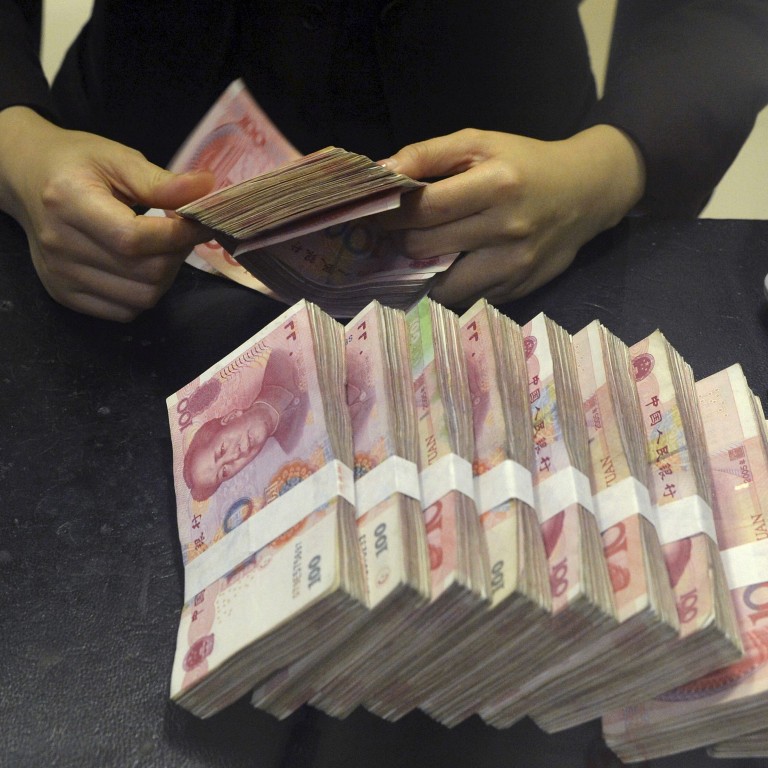
China extends loan help for coronavirus-hit small businesses in bid to maintain economic recovery
- Small businesses will be allowed to further postpone their principal and interest repayments on inclusive loans past the previous deadline of the end of March
- China’s State Council also extended the inclusive credit loan support programme from the end of 2020
China will extend two credit policy tools for its smallest businesses into next year, as it tries to consolidate its economic recovery and counter external changes.
Small businesses will be allowed to further postpone their principal and interest repayments on inclusive loans past the previous deadline of the end of March, the State Council said in a statement summarising its executive meeting on Monday.
Inclusive loans provide financial support for disadvantaged and low-income segments of society that may lack the financial history to be eligible for traditional loans.
While the exact details must be negotiated between banks and individual borrowers, the government will provide an incentive equivalent to 1 per cent of the principal for customers with a deferred repayment period of no less than six months.
The two credit measures have already benefited more than 3.1 million small businesses and reduced financial burdens by 200 billion yuan (US$30.6 billion), according to government data.
“Small and micro businesses are facing particular difficulties. We must provide extra support,” Premier Li Keqiang said.
The overall tone is one of maintaining the continuity, stability and sustainability of macro policies, with the stabilisation of employment and protection of market entities highlighted. Specifically, the monetary policy is set to be flexible, targeted, reasonable and appropriate.
Credit support is part of Beijing’s plan to maintain employment and social stability next year, with a particular focus on smaller businesses that have traditionally had limited access to bank credit and which were hit the hardest by the coronavirus and have taken longer to recover.
“It will help them weather the operational difficulties and achieve government goals of protecting jobs and market entities,” Wen Bin, chief analyst with China Minsheng Bank. “The government incentives are useful in boosting bank enthusiasm to lend to small businesses.”
As of the end of September, China had 134 million businesses, including 30 million small firms and 90 million self-employed individuals.
The world’s second-largest economy, unlike its Western counterparts, opted against excess easing and is in the process of normalising policy to prevent a build-up of risk.
A premature policy exit and excessive tightening [following the coronavirus pandemic] could derail the recovery
However, on Wednesday, it was warned to “proceed cautiously” in its monetary policy tightening.

